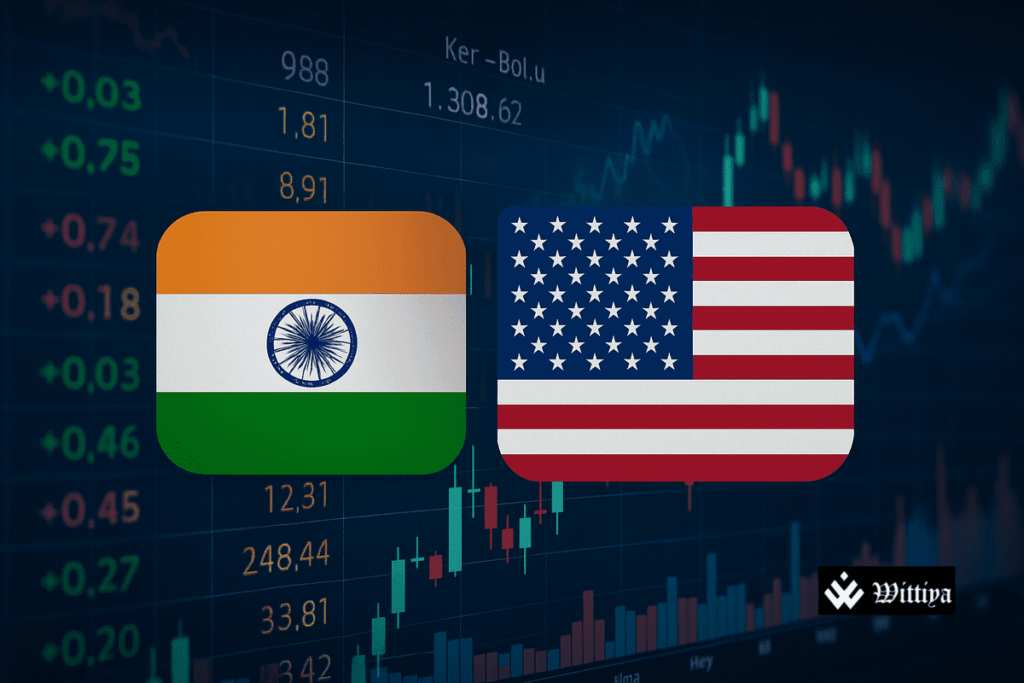Global funds are rapidly returning to the Indian stock market, driven by optimism over a potential US-India trade deal amid the ongoing US-China tariff conflict. The NSE Nifty 50 Index reached a seven-month high as major corporate financing deals highlight India’s growing appeal. Favorable macroeconomic policies, a dovish RBI, and India’s position as a lower-tariff alternative to China attract investors despite geopolitical risks.
The Indian stock market is witnessing a notable surge as global funds rush back, driven by growing optimism that India could be among the first to strike a favorable trade deal with the United States amidst President Donald Trump’s ongoing tariff conflict. This renewed investor confidence has propelled the NSE Nifty 50 Index to its highest level since October, signaling strong belief in India’s economic potential despite global uncertainties.
Rising Investor Confidence in India
In recent weeks, foreign investors have poured billions into India’s markets, pushing corporate financing deals to new highs. For instance, Shapoorji Pallonji Group secured a private credit deal worth $3.4 billion, while Reliance Industries Ltd. locked in a loan equivalent to nearly $3 billion. These deals underscore the increasing global appetite for Indian corporate debt and equity.
This influx is backed by several macroeconomic factors. Policymakers in New Delhi are focused on integrating India more deeply into global supply chains, aiming to capitalize on a “once-in-a-generation” opportunity created by shifting international trade dynamics. At the same time, the Reserve Bank of India’s dovish monetary policy has helped keep bond yields near three-year lows, supporting both debt and equity markets.
India’s Strategic Advantage in the Trade War
India’s appeal is further enhanced by its position in the global tariff landscape. Compared to China, Indian exports face significantly lower US tariffs, making the country an attractive alternative for companies looking to sidestep escalating trade barriers. Major corporations such as Apple Inc. see India as a viable production and sourcing hub amid the ongoing US-China trade war.
Economists like Trinh Nguyen of Natixis suggest that India offers both high yield in bonds and promising equity returns, making it a favorable destination for investors amid global volatility. This view is echoed by fund managers from Franklin Templeton and Federated Hermes, who have rapidly increased their exposure to Indian equities after months of cautious selling.
A Safe Bet in Turbulent Times
India’s large domestic market, growing middle class, and improving economic outlook contribute to its perception as a relatively safe investment amid global uncertainty. While geopolitical tensions, such as recent clashes with Pakistan, pose risks, many investors remain confident in India’s long-term growth story.
According to Wei Liang Chang, a macro strategist at DBS Group, India’s prospects of reaching a trade agreement with the US, combined with stable macroeconomic conditions, will continue to attract global capital into Indian credit markets.
The current positive momentum hinges largely on India’s ability to secure favorable trade terms with the US and maintain internal economic stability. Should these conditions hold, India is well-positioned to emerge as a key winner in the evolving global trade environment, attracting sustained foreign investment and boosting its capital markets.
